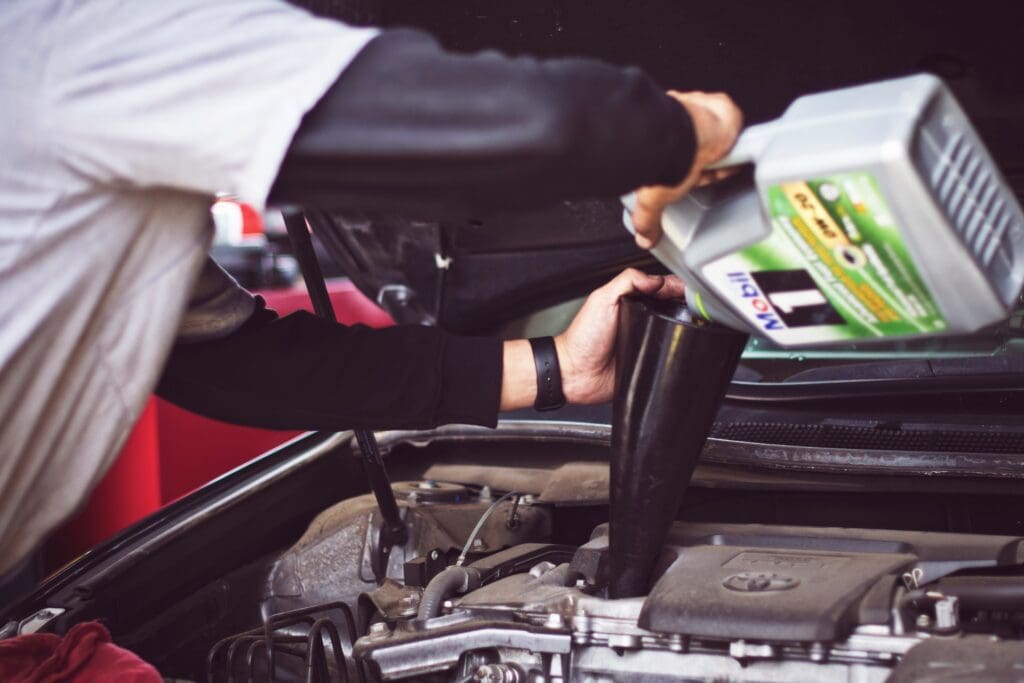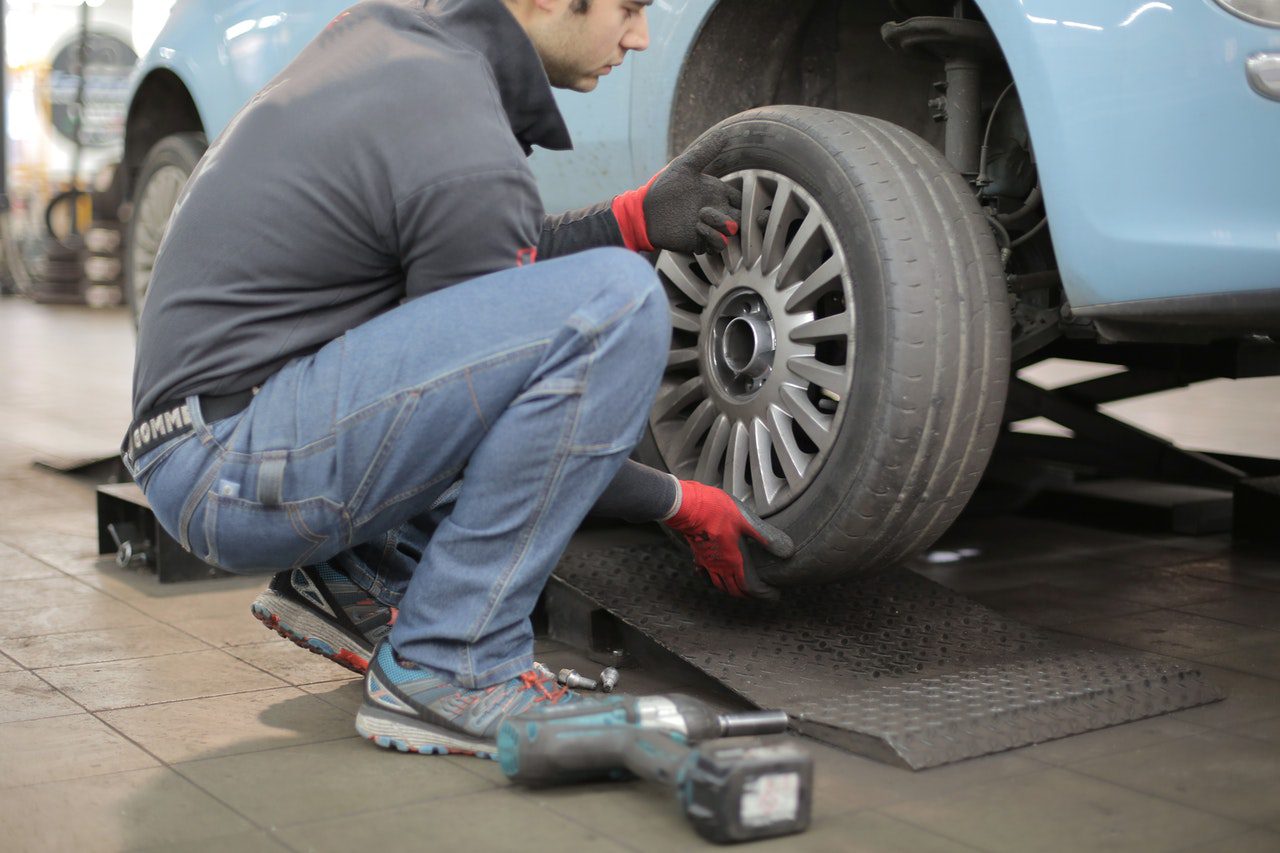Most drivers will have a mechanic they turn to when their car requires repair. However, they can do a few things around the car and under the bonnet to maintain it in excellent working condition and prevent a breakdown. Although there will be times when things happen beyond your control, by doing what you can, the chances of this happening will be greatly reduced. Whilst you can take out breakdown cover, breakdown cover for older cars can be expensive, according to Eamonn Turley from Multiquotetime.com . Best advice is to keep your car in good working order and take preventive actions to prevent the need for roadside assistance. For cars under 3 years old, breakdown cover should be included for free. If this sounds like a good idea, here’s how to check and make sure your car is working properly.
Table of Contents
Is Your Windscreen Clean, Damage Free, And Have Working Wipers?
Your windscreen is an important area to check to make sure that it doesn’t compromise your driving or affect the road safety of yourself, other drivers, or pedestrians. The first thing you should check for is any damage to it. No matter how small a chip or crack is, we’d recommend you immediately deal with it. This is because a small chip or crack can grow to a big chip or crack, running along with your widescreen. It can consequently lead to high repairs or replacement costs, as the specialists at American Windshield know only too well. But, more importantly, it could cause a blind spot in your vision whilst driving and contribute to an accident. Worse still, it could affect how your airbags respond to any impact against your car, and so compromise your safety.
In respect of your wipers, you need to remember they’ll need replacing due to cracks or splits in their materials, so you should regularly check them for inevitable wear and tear. Also, during winter, to prevent them from sticking to your windshield on a freezing cold day, place a thin sheet of plastic between it and your wipers. Alternatively, use warm water or de-icer to loosen them from the windshield before you drive.
Do You Have Enough Fuel?
Perhaps the most obvious is to check your fuel levels regularly, more so if you’re about to embark on a long car journey. You’d be surprised how many people forget to do this or wait until their fuel tank light switches on before scrambling to a gas station. The last thing you want is to be caught short on a journey because it’s a waste of your time, especially in extreme weather.
Not having enough fuel also puts you at risk while driving. If your fuel light comes on and you can’t get to a gas station as quickly as you need to, you may end up stopping in heavy traffic. If another car crashes into you, you’ll need a car accident attorney to investigate which driver is at fault. In the event that your car does fail in traffic, try to safely and quickly exit the car and wait somewhere safe until your car can be moved
How’re Your Tires?
Anything made of rubber will need regular checking because tires, just like your windshield wipers, are prone to wear and tear. When you consider that tires are taking the brunt of the weight and are moving the car, it makes sense that they’re looked after. You should know that tires need to be checked for splits, rips, low tread, and deflation. All of these aspects can affect their performance. For instance, the minimum legal limit for tire treads is 1.6 mm, although it should be longer in winter so that they provide better traction and grip on roads.
As tires are one of the most essential parts of a car, it is recommended that people should check their tires at least once a month to ensure they are properly inflated and free of debris. Not properly inflated tires can lead to decreased fuel efficiency and wear and tear. In addition, debris on the road can cause tire damage, leading to flats or blowouts. By taking the time to check your tires on a regular basis, you can help prolong their life and prevent expensive repairs down the road. There are some popular tire brands, such as Cooper, Firestone, and Pirelli, from which you can choose what is best for you by searching their reviews and also by talking to local mechanics. For example, tire reviews of the Pirelli brand can be found online, which can assist you with its unique features to make your choice wisely.
What Are Your Oil Levels?
Oil is a must for your car to keep its parts lubricated to reduce friction and keep the engine smoothly running. With a lack of oil, friction is caused as the car parts move together or against one another. As this happens, they heat up, which can cause serious damage to the parts, themselves and even the components of the engine. This inevitably leads to your car breaking down, so always ensure your car’s oil level is high. Ideally, it should be between the minimum and maximum marks on your car’s dipstick. If oil needs replacing, make sure you know the correct oil to replace it with, either by looking at your car’s handbook or speaking to a mechanic, for instance.
On the other hand, if there are already signs of damage, replacing your engine is the best option to ensure the safety and longevity of the car. If you don’t have enough money to buy a new one, you can find used engines that are still in good condition. With your engine replaced, your car will improve performance, increase fuel economy, eliminate the need for costly repairs, and extend your car’s life.
Electrics
Many parts in your car require electrics to keep working, from your battery to your car lights; they all depend on electrics. Making sure they all work requires regular maintenance. It would help if you had someone looking at your lights as you turn each one on and off, including your number plate lights. Failing lights could lead to a fine, or, worse, an accident.
With your car battery, make sure the terminals are kept clean and tight. Also, pay attention to how your car starts when you turn the ignition. If it struggles, it’s time to get your car to a mechanic to test the battery. A faulty battery potentially means your car could stop working, no matter how well your car is maintained. If you plan to get your battery tested, it may be worth getting the starting and charging systems tested, as well as seeing if anything else is a drain on your battery.

There are so many things that you should check to make sure your car runs smoothly that it may appear initially overwhelming that we’ve only just touched the surface in this article. However, if you start with a checklist, you’ll soon find that it doesn’t take as long as you’d think. Some things will require occasional checks, whereas others may require more frequent inspections. The purpose of doing this is to maintain your car so that you can use it safely.
Featured Photo by Andrea Piacquadio from Pexels




